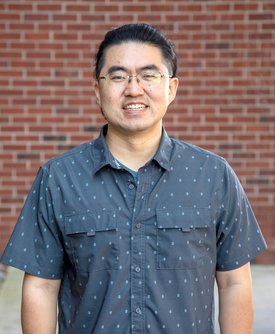
Tao Wen
DEPARTMENTS
- Earth and Environmental Sciences
Assistant Professor: Hydrogeochemistry, Environmental Data Science, & Noble Gas Geochemistry
CONTACT
-
319B Heroy Geology Laboratory
Email: twen08@syr.edu
CV
Entries in the areas listed below (other than biography and books) are selections delimited to the last five years. Consult the faculty member’s biography, listed website(s) or CV for additional information.
